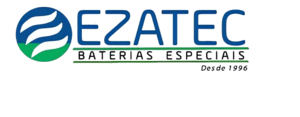O Instituto de Eletrônica de Potência (INEP) promoverá o terceiro Seminário Científico de Sistemas de Eletrônica de Potência – SCSEP 2017, evento que ocorrerá nos dias 13 e 14 de dezembro de 2017 no Auditório Luiz Antonio Teixeira, localizado no prédio da Engenharia Elétrica da UFSC, Florianópolis e será organizado por comissão local. O seminário está programado para receber aproximadamente 100 pessoas, entre alunos e professores da instituição e de outras, assim como profissionais da área que atuam nos setores público e privado. O evento tem como objetivo apresentar e divulgar os últimos avanços da área por meio da ação de alunos e pesquisadores do Instituto, incluindo pós-doutorandos, doutorandos, mestrandos, alunos de iniciação científica e tecnológica e em conclusão de curso de graduação. Tais trabalhos estão sendo desenvolvidos no INEP e se encontram em estágio avançado, representando possíveis soluções para a indústria e possibilitando, assim, a interação entre as partes. No evento serão realizadas também palestras e debates com convidados especialistas da área, com a finalidade de discutir as tendências e demandas atuais para a área de Eletrônica de Potência, bem como suas perspectivas futuras.
WEBSITE: http://scsep.inep.ufsc.br/
http://scsep.inep.ufsc.br/wp-content/uploads/2015/09/Revista_SCSEP_2017.pdf

.gif)




















